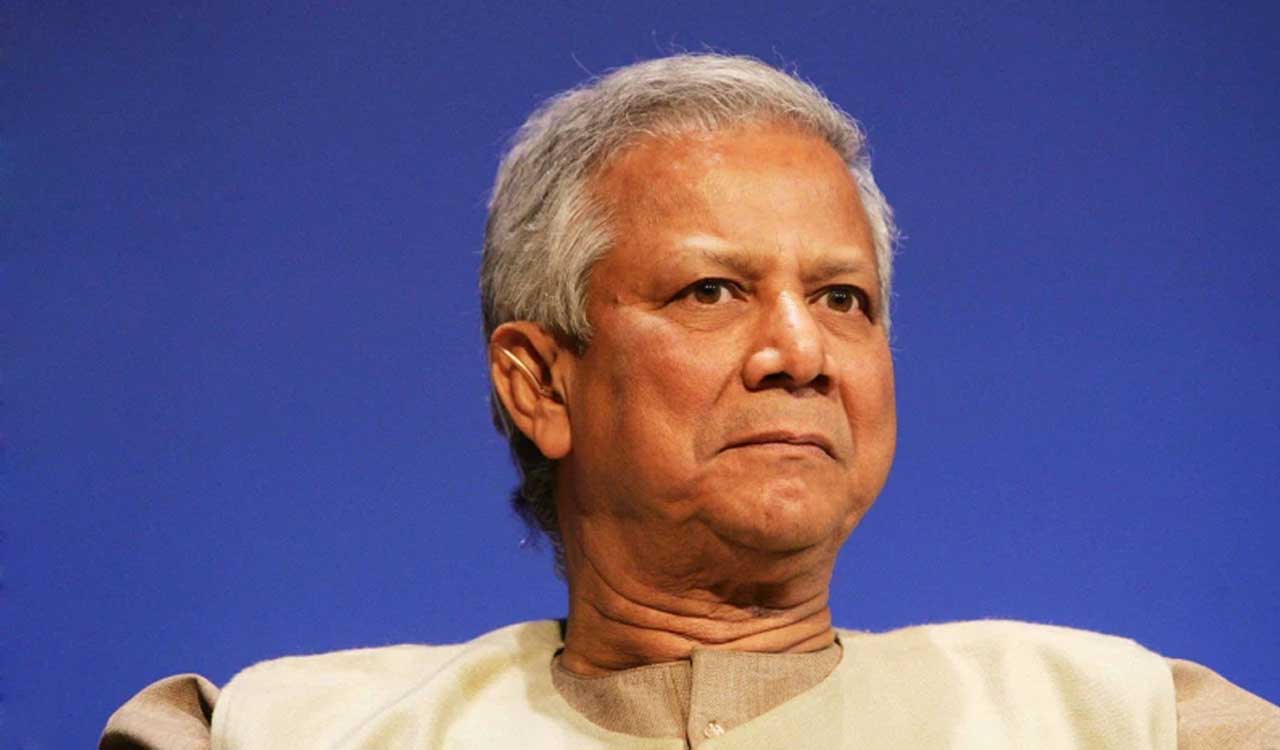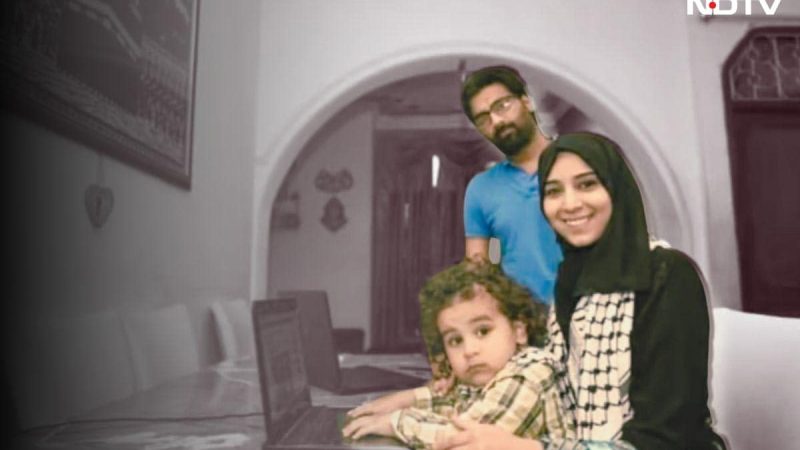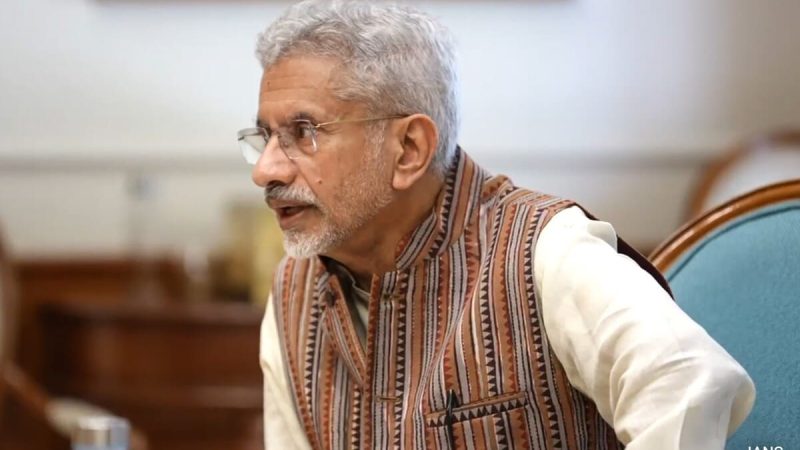Editorial: Dhaka’s dangerous drift

Despite his lofty public posturing meant for the consumption of Western audience, Muhammad Yunus has readily succumbed to the pressure from Islamist elements
Published Date – 15 May 2025, 06:43 PM

Bangladesh’s ideological axis is shifting. There are unmistakable signs of the country slipping into a radical Islamist trap. Secularism, once enshrined in the constitution, is the most hated policy now. Under the growing influence of Jamaat-e-Islami, textbooks are being re-written to erase the legacy of the 1971 Liberation War and founder of Awami League Bangabandhu Sheikh Mujibur Rahman and, instead, proclaim Ziaur Rahman, founder of Bangladesh Nationalist Party (BNP), as the nation’s hero. The imposition of a ban on Awami League under anti-terrorism law — effectively barring it from participating in the upcoming general elections — is the latest instance of the dangerous drift. It is ironic that an unelected interim regime, headed by Muhammad Yunus, gets to ban a legally established political party with a chequered history of leading both the war of independence and the campaign to restore democracy after two decades of military rule. Despite his lofty public posturing meant for the consumption of Western audience, Yunus has readily succumbed to the pressure from Islamist elements and quietly backed off from implementing the recommendations of the Women Reforms Commission that included gender equality in inheritance and divorce, legalisation of sex work and reservation for women in Parliament. Following the ouster of the Sheikh Hasina-led Awami League regime in August last year, religious fanaticism has taken firm roots in Bangladeshi society, as reflected by a series of attacks on the Hindu minority. This dangerous slide undermines decades of the bilateral partnership founded on values of secularism, mutual trust and regional cooperation.
Dhaka’s silence over the dastardly terrorist attack in Pahalgam has not gone unnoticed by India. While regional partners such as Sri Lanka, Nepal and the Maldives swiftly condemned terrorism and urged regional stability, Bangladesh remained conspicuously mute, causing considerable disquiet in India’s diplomatic circles. More alarming was the recent inflammatory remark by Major General (Retd) ALM Fazlur Rahman, chairman of Bangladesh’s National Independent Commission of Inquiry. Just days before Operation Sindoor, he suggested that Bangladesh should “seize India’s north-eastern States” if New Delhi strikes Pakistan. Such outrageous statements will do immense harm to bilateral relations. Clearly, India now faces the emergence of a potentially hostile regime on its eastern flank. The situation is no longer just a matter of foreign policy but is a national security concern. The combination of ideological radicalisation, ISI infiltration and economic collapse creates a volatile powder keg at India’s doorstep. As radical slogans echo louder and old alliances disintegrate, India must prepare for more than just diplomatic turbulence — it must brace for a tectonic strategic shift. While it may be a comforting idea to believe that common people are the main stakeholders in India-Bangladesh relations, the bitter fact is that the people’s voice in Bangladesh is drowned by foreign-backed radicalism and an unelected regime. If the situation continues to deteriorate, India’s restraint may soon wear thin.






